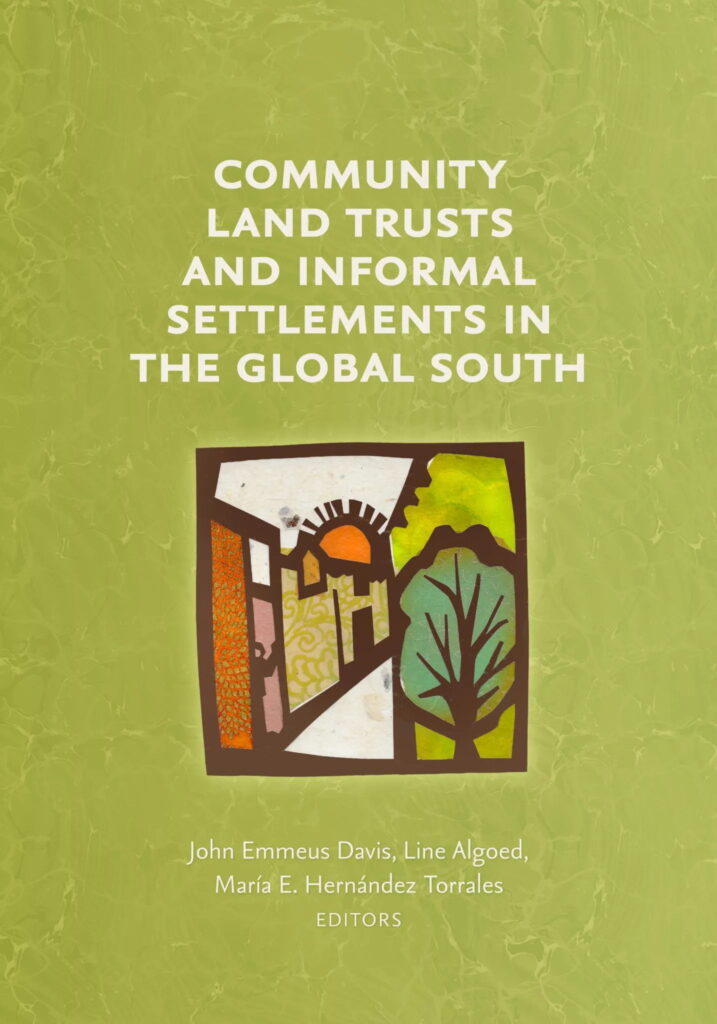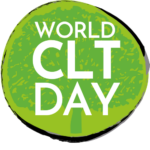Community Land Trusts and Informal Settlements in the Global South

Available now worldwide, 158 pp.
PAPERBACK ISBN 9781736275917 $15.00 US
EBOOK ISBN 9781736275924 $5.00 US
Bulk order discounts available for NGOs. For more information, and to place your order, go to our Bulk Orders page.
Community Land Trusts and Informal Settlements in the Global South is the fifth in our monograph series, with seven essays exploring the growth of CLTs in the Global South.
The fertile seedbed for CLT development in this part of the world has been informal settlements. These are residential areas where people have built their own homes, usually without regard for whatever governmental standards, codes, or regulations that might exist. They have sited their self-built homes, moreover, on lands to which they lack a legal right of ownership or occupancy. Buildings, community ties, and a way of life have become firmly established, even as the residents’ tenure has remained precarious.
Community land trusts are being promoted by community activists in the Global South as a resident-led strategy for formalizing tenure and securing people’s homes in communities like these. Several chapters in the present monograph focus on the formation or exploration of CLTs in urban areas, including densely populated informal settlements in San Juan, Puerto Rico; Rio de Janeiro, Brazil; Voi, Kenya; Karachi, Pakistan; and Dhaka, Bangladesh. Another chapter focuses on a remote rural area of Honduras, where a CLT is working to secure the watersheds on which widely dispersed mountain villages depend.

